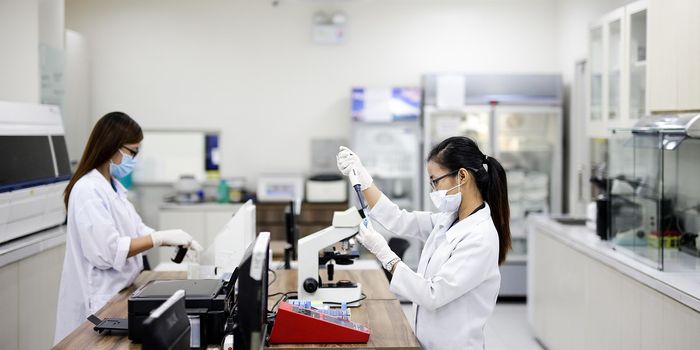Ibuprofen's Effects on Liver
Ibuprofen is a popular painkiller and over-the-counter (OTC) that belongs to a group of drugs referred to as nonsteroidal anti-inflammatory drugs, or NSAIDs. Now, a research study at the University of California, Davis shows that ibuprofen holds significant effects on the liver than previously thought. Findings were published in Scientific Reports.
Learn more about pain relievers:
Ibuprofen is used for pain and fever and has been known to cause heart problems and increase stroke risk—but, researchers were unware of the effects on the liver.
"We found that ibuprofen caused many more protein expression changes in the liver than we expected," said Professor Aldrin Gomes, Department of Neurobiology, Physiology and Behavior in the UC Davis College of Biological Sciences
Researchers use advanced mass spectrometry to identify metabolic pathways that were alter in mice who were treated with ibuprofen. These pathways are diverse and include the metabolism of amino acids, hormones and vitamins. Through the studies, gender differences in ibuprofen effects mice were apparent in mice.
For example, cytochrome P450—which breaks down lungs, was found to be elevated in female mice treated with ibuprofen as opposed to males.
"The elevation in cytochrome P450 could mean that other drugs taken with ibuprofen could stay in the body for a longer duration in males and this has never been shown before. No drug is perfect, as all drugs have side effects. However, many commonly used drugs such as ibuprofen are being overused and should not be used for certain conditions such as mild pain," Gomes said. “In the long term, it is important for the scientific community to start addressing differences between males and females with respect to drug metabolism and effects.”
Source: Science Daily









